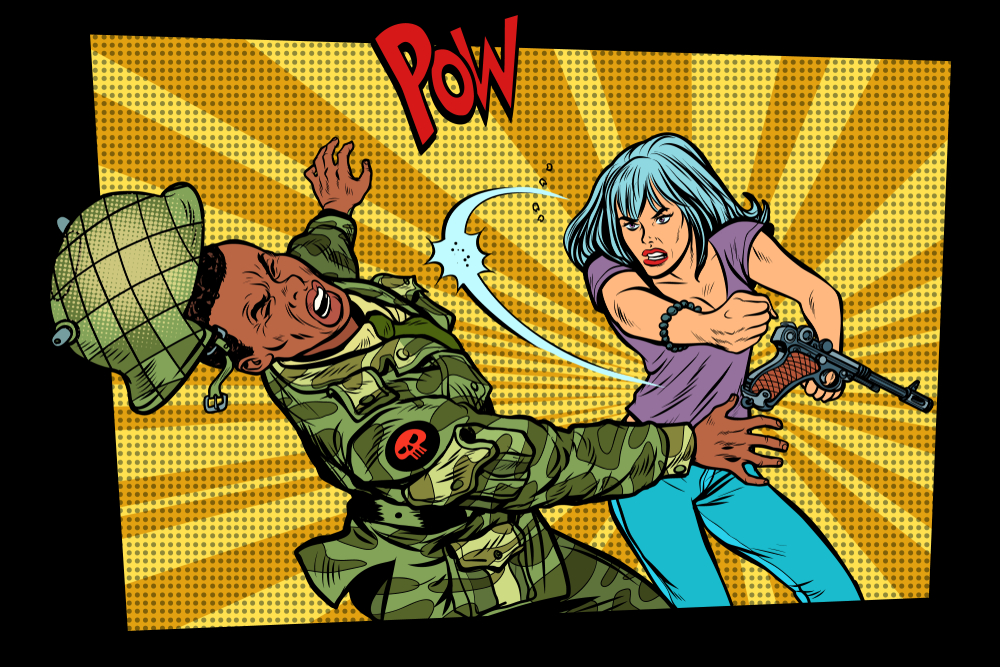SPECIAL REPORTS: The conflict between the retail casino sector and online betting platforms in Chile has got dirty, with no quick end in sight, though Sunday’s undecided presidential election will go to a run-off next month favoring a pro-iGaming right-winger.
All but a couple of the country’s two dozen licensed casinos are owned by two Chilean companies, Dreams S.A. and Enjoy S.A. who are fighting to ward off competition from the iGaming world that they fear will steal their gambling market.
Along with Chile’s state lotteries, the casinos have lobbied to stall a bill that has been pending in Congress for three-years that would regulate online betting and iGaming, effectively resisting the coming of the digital age of gambling.
The Chilean Association of Casinos and Gaming (ACCJ) has maintained that online betting is illegal because it has not been regulated.
And its president, Cecilia Valdés, went a far as stating in a front page newspaper interview that advertising for betting houses was no different from advertising for illegal drugs, in reference to the widespread sponsorship of soccer clubs by betting platforms such as Betano, Betsson, Coolbet, Betway and Bet365.
This brought a strong reaction from the Online Betting Association (aPAL) , which represents the major online betting operators.
Injunction
There is no law specifically prohibiting online betting in Chile, population 20 million, so it is not illegal, even though it has not been regulated because the bill has moved so slowly through Congress.
The current Chilean government has not supported regulation, preferring to protect the market of the state-owned company Polla Chilena de Beneficencia, which operates Loto, the Chilean version of a national lottery draw.
One state lottery, the Lotería de Concepción, sought an injunction from Chile’s Supreme Court against 12 leading betting platforms and the top court ordered Internet service providers to block their websites.
But they continue to be accessible to bettors, because the platforms can change the URLs of their pages.
Equating online gambling with drug addiction has been condemned as “excessive” by experts in the gaming world.
Luis Jiménez, a consultant in the Latin American gaming and iGaming market, told iGamingFuture:
Sensationalism
“Sensationalist headlines only seek to generate media buzz to establish a particular narrative with audiences: in this case, associating online gambling with illegality. It’s an old propaganda strategy, but no less impactful.
“Here we have a sector desperately trying to retain a captive market, resisting the inexorable advance of technology and new ways of interacting with it, including the world of online gaming,” Jiménez maintained.
Casino association president Valdés is a triathlete who does not give up in the face of competition.

“Following the Supreme Court ruling, football clubs now at least know that advertising betting companies is the same as advertising drugs, because both are illegal in Chile,” Valdés stated in the interview with leading Chilean tabloid Las Últimas Noticias.
Rival aPAL stuck to its guns and is insisting that the court ruling was limited to one case against 12 operators and did not set a juridical precedent for the industry as a whole, since there is nothing in Chilean laws specifically prohibiting online betting.
Transparency
“Chile continues without regulations that allow for oversight, user protection and tax collection.
“Regulation is not about promoting gambling; it’s about acknowledging reality and providing a legal framework that combines transparency, control, and accountability,” the online betting association said in a press release.
And for their part, Soccer clubs defended the validity of their advertising contracts with betting companies, asserting that their agreements “are valid and aligned with global practices, where online gambling platforms sponsor sporting events, competitions, and media outlets worldwide – including TV channels, radio stations, and news programs in Chile.”
“In other regions, sports associations have defended these sponsorships against legislative initiatives that seek to prohibit advertising on jerseys and broadcasts,” said Cecilio Waterman, a forward for top football club Coquimbo.
Regulatory limbo
The casinos are now saying that they are for the regulation of online betting to end the regulatory “limbo” in Chile and create a modern entertainment industry.
But they want a level playing field to compete on, they assert, especially when it comes to taxation.
Cecilia Valdés says casinos are facing a drop in visits by gamblers and a loss of revenues and her association backs the bill in Congress as long as it establishes fair conditions for competing in the gambling market, in which casinos will also set up platforms for online betting.
Regulation will help eliminate the illegal off-shore platforms that are a threat to all sides and a loss of tax revenue for the state, she told iGamingFuture in an interview before she flew to Madrid to compete in a triathlon.
“In Chile today, online betting platforms are illegal. All types of gambling are prohibited, unless expressly permitted by law. And the law only permits casinos, the Polla Chilena (Chilean Lottery), racetracks, and the Concepción Lottery. Everything else is prohibited,” Valdés stated.
Valdés maintains that the casino association she heads has been strongly advocating for regulation for three-years.
“We have always supported modern regulations in Chile that allow online betting platforms to operate in a competitive market alongside all other players,” she said.
Ban
But other sources in the iGaming industry said this was not true. They said that the ACCJ had in fact proposed to Congress in 2023 that the regulation bill be shelved and lobbied for an outright ban of online betting operations in Chile.
And only a year earlier, big hitter casino owner Dreams S.A. had begun advocating for a so-called “cooling off” period that effectively involved blocking operators out of the market for at least 12-months, one executive told me.

Dream S.A. has 22 casino licenses, nine in Chile and the rest in Peru, Colombia, Argentina and Panama; though it recently sold four of its seven Peruvian casinos to focus on the Chilean market. The company, owned by Claudio Fischer Llop and listed on the Santiago stock exchange, last year reported a 97 percent increase in its consolidated revenues.
According to Valdés, casinos and online betting can co-exist and compete if conditions are fair.
But what would a leveling of the playing field require?
“That taxes on us as a casino don’t keep going up, because there are a couple of new taxes they want to add.
“For example, it requires the elimination of an entry tax we currently have. We’re fighting for that, because it doesn’t make sense that we’re charged to enter the casino, but anyone can enter for free and gamble on a digital platform,” said Valdés.
Business Opportunities
And physical casinos must be authorized to start online betting, which would open up new business opportunities for them combining land-based and online operations.
“That is what’s happening globally, and that’s what we hope will happen here in Chile as well,” affirmed the land casino leader.
This would also ensure that the assets of land-based casinos do not fall in value as the online betting market surges in Chile, she noted, with strengthened brands attracting new investment in the casino business.
So when will Congress approve the betting bill that still needs to pass two Senate committees and be voted in the plenary?
Most observers do not see this happening until next year as lawmakers were not prepared to deal with an issue seen as controversial in an election season..
In Sunday’s general election, the leftist candidate Jeannette Jara, a member of Chile’s Communist Party, got 26 percent of the votes ahead of right-winger José Antonio Kast, who is favored to win a second–round run-off on December 14.
Priority
Kast is completely pro-regulation, but if Jara were to win she is expected to seek a total ban on iGaming and hand over the betting market to the state lottery Polla that would have a monopoly.
“After this election and starting in March, this bill will gain new momentum, and we believe it could become law by the end of next year,” said lawyer Carlos Baeza, the representative of aPAL, a grouping of Chile’s top online operators: Betano, Betsson, Betwarrior, Coolbet and Latamwin.
But industry consultant Jimenez cautioned:
“The new government won’t take office until March. And we don’t know for sure what priority the incoming administration will give this project.”
Watch this space!




